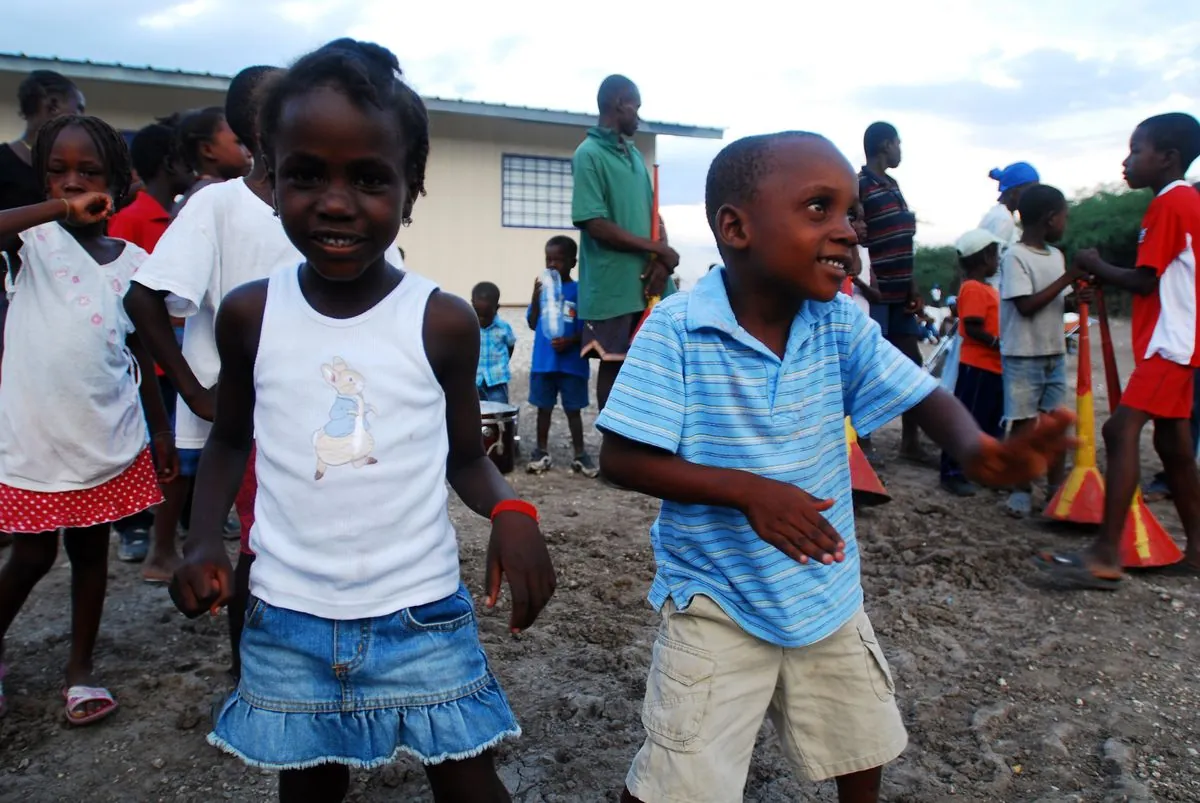White House Condemns GOP's False Claims About Haitian Immigrants
The White House has denounced Republican officials for spreading unfounded rumors about Haitian immigrants, calling the claims dangerous and divisive. The controversy stems from social media posts by prominent GOP figures.

The White House has strongly criticized Republican officials for disseminating false information about Haitian immigrants, labeling such actions as dangerous and divisive. This condemnation comes in response to social media posts by prominent GOP figures, including JD Vance, a senator and running mate of Republican presidential candidate Donald Trump.
John Kirby, the White House national security spokesperson, addressed the issue on September 11, 2024, stating, "It's deeply concerning that elected officials in the Republican Party are pushing yet another conspiracy theory that seeks to divide people based on lies and, let's be honest, an element of racism." Kirby emphasized the potential dangers of such disinformation, warning that it could lead to harmful actions by those who believe it.
The controversy originated from a post by JD Vance on September 9, 2024, claiming without evidence that Haitian immigrants were "causing chaos" in Springfield, Ohio, and suggesting they were responsible for pet abductions and consumption. Other Republicans, including Senator Ted Cruz and billionaire Elon Musk, shared similar unsubstantiated claims.

Local authorities in Springfield have reported no incidents of pet theft or consumption by Haitian immigrants or any other group. The rumor appears to have started in a local Facebook group, where an unverified claim about a missing cat quickly escalated into baseless accusations against Haitian immigrants.
While Vance later acknowledged the lack of evidence supporting these claims, he continued to promote the narrative, encouraging supporters to "keep the cat memes flowing." This persistence in spreading unverified information has drawn further criticism from the White House and other officials.
The controversy highlights the complex issues surrounding immigration and the spread of misinformation in the United States. Haiti, the poorest country in the Western Hemisphere, has a rich history and culture often overlooked in these debates. The nation gained independence from France in 1804, becoming the first black-led republic and the first country to permanently abolish slavery.
"This kind of language, this kind of disinformation, is dangerous because there will be people that believe it, no matter how ludicrous and stupid it is, and they might act on that kind of information and act on it in a way where somebody could get hurt. So it needs to stop."
The Haitian-born population in America has more than doubled since the early 2000s, with over a million Haitian-born individuals now residing in the country. This growth reflects the ongoing challenges in Haiti, including political instability and natural disasters such as the devastating 2010 earthquake.
Haitian immigrants have contributed significantly to American society, bringing with them a rich cultural heritage. Haiti's official languages are Haitian Creole and French, and its cuisine is a unique blend of French, African, and indigenous Taíno influences. The country has also produced notable literary figures and has a vibrant artistic tradition, particularly in painting and sculpture.
As the debate over immigration continues, it's crucial to recognize the complex factors driving migration and the valuable contributions of immigrant communities. The spread of misinformation not only undermines constructive dialogue but also poses real risks to community cohesion and safety.


































